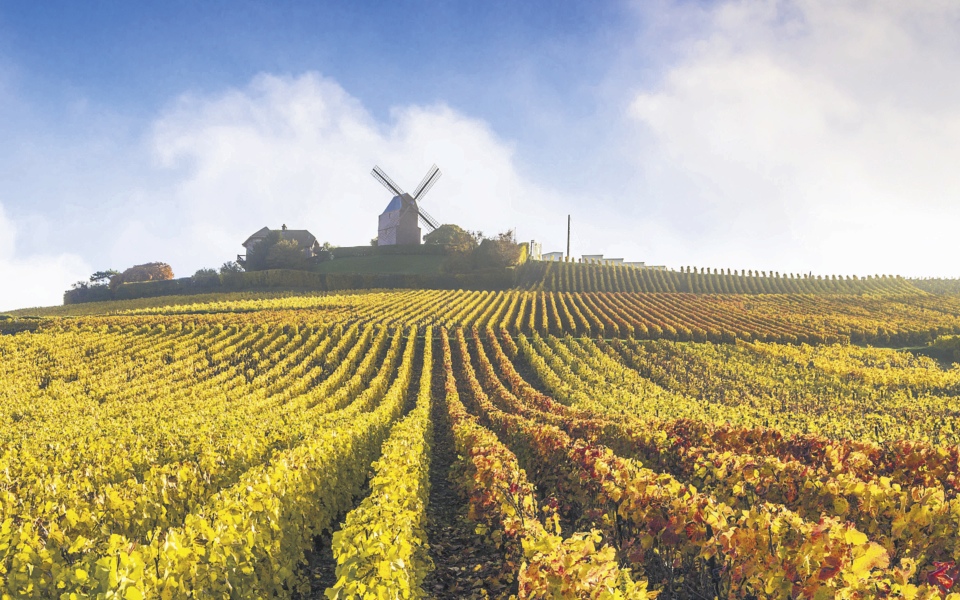The drinks master: There’s more to champagne than big names, try some grower-producers

The Grand Marques, or big houses, in Champagne have always dominated the market.
With their bulging marketing budgets, they are able to place their names everywhere from billboards, to sponsorships at major sporting events, to having their names elegantly etched into bars and restaurants all over the world.
Most big Champagne houses are négociants, which means that they buy in the majority of their grapes farmed by others to make their Champagnes. Their mission is to deliver to the consumers a consistent tasting product that we will recognise whether we pick up the bottle today or in five years.
The Grower Champagne producers, or the small houses, are on the complete other end of the scale. They are all just farmers. They farm their own grapes and make their own Champagne. They are the eyes, the hands and the heart of the process.
As Champagne is very expensive to produce, hence there are very few grower-producers, and many of them have little excess budget for marketing. Their mission is to represent their own particular house style according to their own terroir and the particular vintage. Year to year, the wine will be different, and that’s what they want.
A very well known big Champagne house will produce on average 28m bottles a year. A small grower-producer makes anywhere from 8,000 to 40,000 bottles a year. One is not better than the other; it depends on what you want in your Champagne.
If you’re after a drink you can rely upon year after year to taste exactly how you remember it, big houses are the way to go. Krug will always taste great, no matter when you’re drinking it. But if you want to explore unique styles, enjoy the taste of particular terroirs, or find out how each vintage differs, small houses is the way to go.
Party trick: On every Champagne label is the equivalent of a company registration number. It usually starts with a letter initial followed by a sequence of numbers. If the initial starts with ‘RM’ – reclotant manipulant – this means it’s a grower-producer. If the initial starts with ‘NM’ – negociant manipulant – this means that it will be a big house that buys in majority of its grapes for their Champagne.
Where is the best place to look?
Small independent wine shops are the best place to search for small grower-producers. Wine shops like The Sampler or Quality Wines have great selections of not just artisanal Champagne producers but also other small wine producers. Now that most people buy online, you can search for almost any Champagne you would like to try. We run an online shop called Bubble Shop, which is a one-stop shop for grower Champagnes.
Like all “artisanal” products, you have to pay for quality – anything that looks too good to be true probably is. But with smaller growers, you at least know it’s the wine you’re paying for and not the marketing budget or fancy labels. Most of the time, they are less costly than huge Grande Marques – if an artisanal Champagne is pricey, it’s usually because it’s taken much more time and effort to make that particular cuvee.
Can you recommend any of your favourites?
A producer that’s serious about perfecting just a few Champagnes is Jerome Prevost of La Closerie. Any wines of his are an epiphany. Young Adrien from Dhodnt-Grellet is also
making a name for himself – as a young blood in a very old, traditional industry, he’s producing such phenomenally unique wines that all the elders are singing his praises.